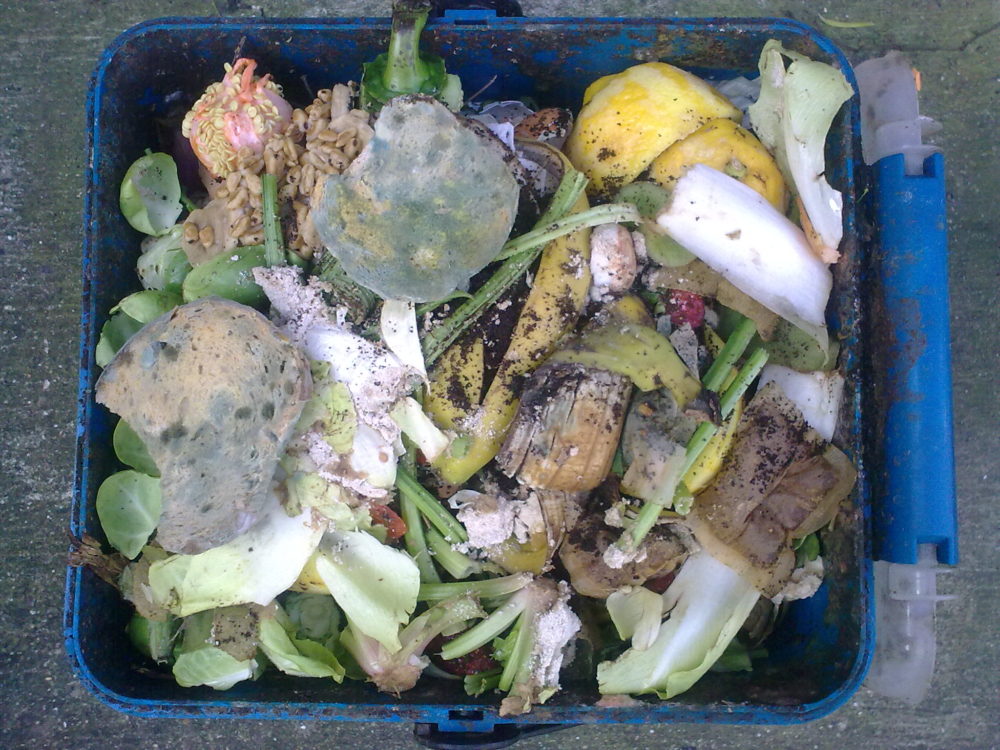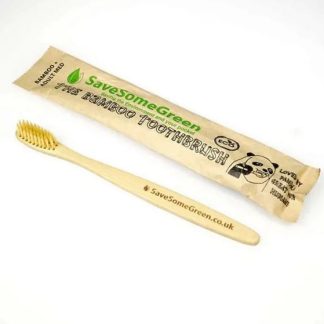
It is estimated that UK households generate 7.1 million tonnes of food waste a year. This is worth around £15 billion and I for one can think of better uses for that money! Food waste is a particular bug bear of ours because it is often avoidable and costs us all money. Furthermore, I find myself feeling horrendously guilty when I have to throw away food when I know there are so many people who don’t have enough. So here are some hints and tips on how to avoid food waste (and save money).
1 . Plan your meals.
This might sound time consuming and overly prescriptive but I can honestly say the satisfaction of being able to come home and know that all the ingredients I need for dinner are already there in the house makes this a hugely gratifying process, as well as helping reduce waste. When you plan your meals and write a shopping list, you avoid buying unnecessary items which would go uneaten. These all add up, financially and in terms of waste. Planning meals also means you can decide on some new recipes to try and you can make sure everyone gets to choose a meal. In addition, you only buy the exact amount you need. So instead of a mountain of mushrooms mouldering away, you only buy enough for the meals you are making that week. Planning meals is particularly useful if you eat lots of dried pulses as some of these need soaking overnight or, if you are being really organised, you could cook them up the night before, ready for a quick meal the next day.
2. Know what is in your fridge.
It is easy to batch cook in preparation for a busy week ahead and then forget you have meals waiting in the fridge. This ties in with the ‘plan your meals’ point but it is worth having a regular look through the fridge and checking what is in all those bowls on a regular basis. Apart from anything else, you might find a tasty treat you had forgotten about.
3. Store food correctly.
Lots of food will actually last quite a while in the fridge if it is stored correctly. I’m not advocating eating month old bean chilli, but I would say it is worth checking the food before chucking it. For left over meals, use sealed containers but for fresh fruit and vegetables they often fare better if left loose or in paper bags as opposed to if they are sealed in plastic.
4. Freeze left over meals.
If you have done some batch cooking then bravo on being so prepared! But have you thought about how long it is going to take you to eat all that food? And also, whether you are going to fancy chickpea curry everyday for the next week? A more realistic approach is to freeze several portions. That way, next time you are in a hurry and haven’t been so prepared, you will have a delicious home cooked ready meal to pull out of the freezer, exactly when you want it. And it isn’t just leftover meals you can freeze. Our freezer is full of pre-sliced homemade bread as well as frozen fruit and vegetables from the times of plenty. In fact there is a goodly amount of stewed apple in the freezer…I feel a pie coming on.
5. Make scraps into exciting new meals.
There are a whole host of recipes out there for making odds and ends into serviceable and delicious food. The list is pretty endless, you can make vegetable stock out of vegetable peelings, cider vinegar out of apple cores, bread and butter pudding out of stale bread, smoothies or banana bread out of overripe bananas (incidentally, did you know you can freeze bananas and they are still perfectly good in a cake or smoothie?), soups out of almost anything, and so on. One of my favourite uses of otherwise wasted food is to mix biscuit crumbs left at the bottom of a biscuit tin with chocolate, marshmallows and nuts to make a kind of tiffin. Genius!
Finally, I would urge that any food waste which does occur (and let’s face it, none of us is perfect) is disposed of correctly. Please please please make sure food does not make it to any landfill sites and is instead put in the council food waste collection bin or your home compost bin. Any food which reaches landfill will begin to produce methane, which is a harmful greenhouse gas. Food waste collection by councils means that this food waste will instead be transformed into another useful product, namely compost.
Good luck on your battle against food waste. I hope you have found this useful and thank you for reading.


You are so inspirational!! It is SO hard to shop without buying things in plastic. We live in France and I re-use my paper bags when I go to the market. And also re-fill my laundry washing liquid at an organic supermarket. But when I look around our home – SO many products are only sold in plastic, while glass jars are obsolete after a single use! I keep the some jars for storing stuff at home but to be able to take them and fill them in a shop would be abosolutely amazing.
ps – can you open a branch near me! 😎
No reply needed x
Merci beaucoup for such a lovely email :). I know reducing plastic can feel like a real challenge at times but every positive change we make is a step closer to a better future. Keep up the good work and come visit if you’re ever over in Wales